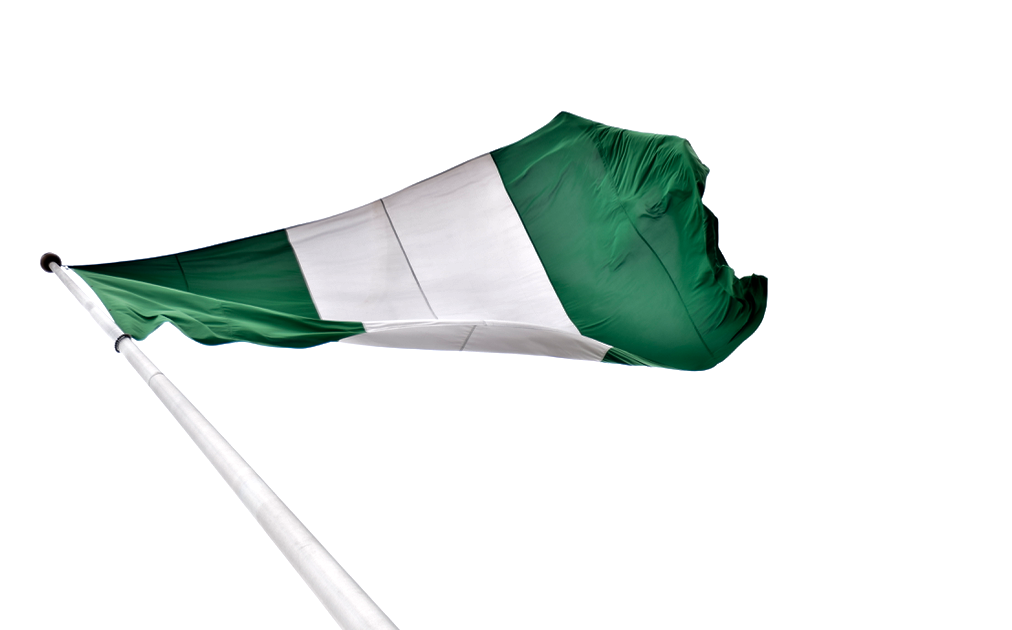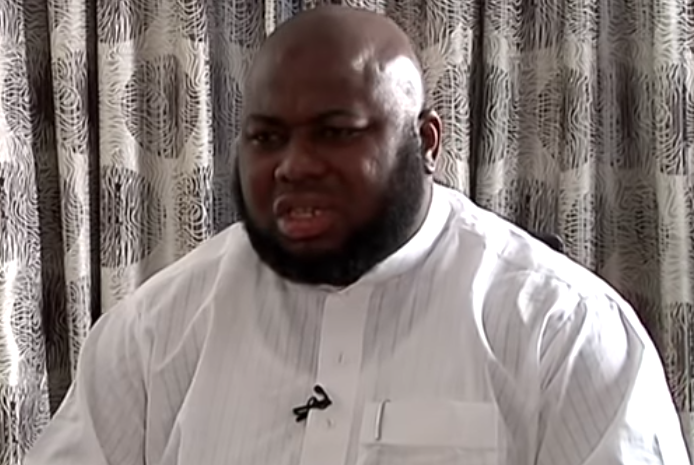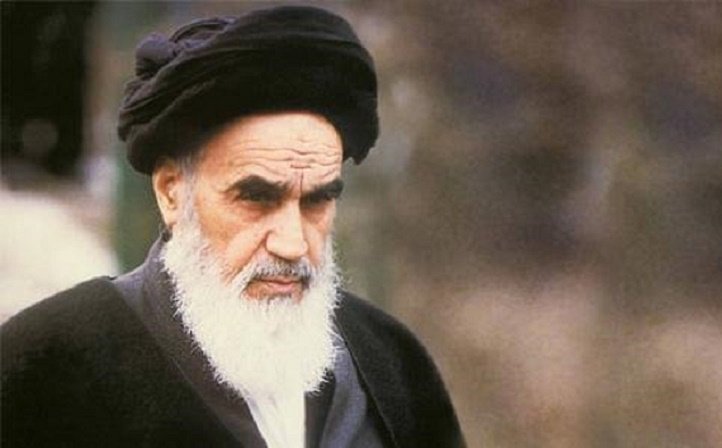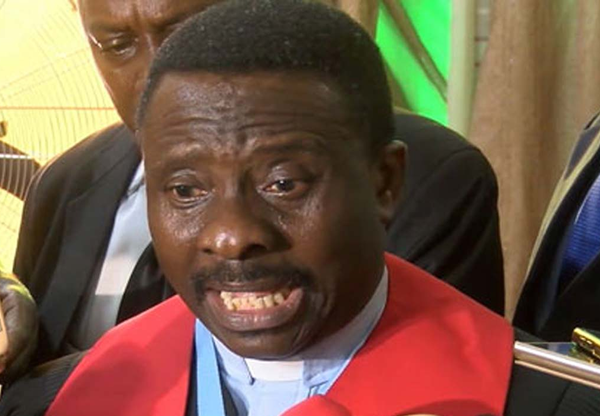You may not really know how it feels to be stigmatised as a Nigerian until you travel out of the country or have dealings with foreigners. Years ago, when I arrived at the University of Sussex, UK, for my master’s programme, I set out to fraternise with other African students. One evening, I went on a stroll with John Ikubaje, my fellow Nigerian and course mate (who now works with the African Union in Addis Ababa). We came across some African students — two from Kenya and one from Malawi. They were already fraternising. We joined them and spent roughly 30 minutes chatting on how we were settling in. I had no way of knowing that they were not at ease with us.
Days later, one of the Kenyans, a lady, confessed that they had been warned to be careful with us Nigerians. They had been advised that whenever they were with Nigerians, they needed to be at full alert because we could remove their wallets without their knowing. In other words, we Nigerians are smooth criminals. The lady recalled an experience. She used to go to China for business. She said Nigerian traders would go from factory to factory asking for free product samples which they would then ship to Nigeria and sell without making any orders as expected. Because of this dishonest behaviour, she said, the Chinese manufacturers stopped giving out free samples.
I felt sad. I felt stereotyped. How can anybody use the conduct of a few Nigerians to describe the whole? Why should every Nigerian pay the price for the criminal behaviour of less than one percent of the population? In fact, I felt similarly humiliated one day in 2006 when I arrived at the Gatwick Airport in the UK and I was picked out to be screened by a security dog. Every other passenger not my colour had been passing unstopped. The policewoman was actually chatting with a fellow officer as passengers made their way out. But as soon as she saw me, she stopped chatting and quickly sent the dog in my direction. I was so sad and furious. I felt discriminated against.
As the dog approached me, I said loudly: “I would have been shocked if you did not pick on me, even though you allowed others to pass.” I don’t know what came over me that day because I normally would not utter a word in the face of provocation. I was expecting her to reply me and then I would pointedly accuse her of racism. I was so mad I was ready to be deported that day. My heart was beating fast and my voice was shaking. Those are the vital signs whenever I lose control of myself. She smiled, did not utter a word, let the dog do the job and waved me on. I went away feeling like a criminal — not because of my character but on the account of my colour.
Advertisement
A few minutes after the incident, I began to calm down. I regained control of my senses. “There is a reason they are targeting us,” I said to myself. “It is not that they just woke up one day and started doing this to us. Our people did something along the line that brought this stigma on all of us.” The resentment I had against the policewoman petered out and I began to transfer it to my criminal-minded compatriots who have done so much damage to the reputation of innocent Nigerians without a care in the world. When they are sending scam mails around the world, when they are peddling cocaine, when they are trafficking human beings, all of us have to pay the price.
You can now imagine my horror when the US Federal Bureau of Investigation (FBI) recently released the list of 77 Nigerians indicted over allegations of online scams. There are 200 million Nigerians, depending on whose figures you are using, and inevitably, all the 200 million are presumed to be fraudsters until we prove otherwise. You want to do genuine business on the international level, you send a genuine email to a foreign company, you genuinely apply for visas, you genuinely use your bank card to do online transaction — but all you get is a paralysing suspicion that you may be a scammer, a “Nigerian scammer” as they call the genre.
Those who are reducing the FBI list to an ethnic finger-pointing game are missing the point. This is a common threat to all of us — no matter our “tribe and tongue”. Sure, it happens that 76 of the 77 suspects are Igbo, and this perfectly fits the stereotype. To fight back, people resurrected a story that was published in April about some Nigerians awaiting execution in Saudi Arabia for drug peddling. It so happens that the Saudi list is dominated by Hausa and Yoruba. So in the tit-for-tat battle on social media, it became a game of “my criminals are better than yours”. I would have laughed the childish competition off if it was funny, but we are talking about the destiny of a nation.
Advertisement
The Nigerian story can be very frustrating and agonising. We spend all our energies stereotyping the Fulani herdsmen as kidnappers and killers, the Igbo as fraudsters, the Yoruba as cocaine pushers, and Edo girls as sex workers, among other popular categorisations. At the end of the exchange of brickbats and insults, our problems remain unsolved: our values are dead; the kidnappers are still on the prowl; the scammers are still pressing “send”; our girls are still being trafficked for sex; our compatriots are still peddling hard drugs; Boko Haram insurgents are still bombing and killing hapless Nigerians; and every Nigerian continues to be at the risk of being a victim.
In my little corner, I have always warned against stereotyping people on the basis of ethnic and religious affiliations. We can never build a nation “where peace and justice shall reign” this way. We call every Muslim a terrorist because of the activities of less than one per cent of the Muslim population. We call every herdsman a kidnapper when we know very well that those engaged in the crime are numerically tiny compared to the population of pastorialists in Nigeria. We say Igbo are scammers when we can point to millions of Igbo who are doing genuine businesses across the world. We say Yoruba are armed robbers when we know this does not represent who they are.
I do not engage in the meaningless debates about which ethnic group has the tendency to be involved in a particular crime — the absolute truth is that there is no part of Nigeria that does not have criminals. The former inspector-general of police, late Alhaji MD Yusufu, once gave a fascinating example of the Nigerian underworld. He said the police would smash an armed robbery syndicate and discover that the same gang had Hausa, Igbo and Yoruba operating together successfully for years — without any ethnic or religious hate and prejudice! That is the way we are in Nigeria. Check a typical EFCC charge sheet and you will see federal character in action!
In the end, if we are honest with ourselves, we would accept that the whole country is messed up. No ethnic group is exempt. No ethnic group is purer than the other. There are criminals everywhere. There are treasury looters everywhere. There are ritualists everywhere. There are drug addicts everywhere. There are armed robbers everywhere. We are all suffering the consequences of perennial misrule — manifest in poverty, unemployment and crime — and the total collapse of values. But who bewitched us to take our attention from the great calamity that has befallen us and instead shift our focus to the ethnic group that has more criminals than the others?
Advertisement
The reality is that no matter where we come from, no matter our language, no matter our religion, we are in serious trouble in this country. Nobody is safe. On this matter, we are all Nigerians. The kidnappers, scammers, ritualists and robbers do not distinguish between Igbo and Hausa or Yoruba and Fulani. The same generation of kidnappers that we call “Fulani jihadists” in the south are the same criminals kidnapping and killing northerners, making the Abuja-Kaduna road impassable and turning Kaduna, Katsina, Sokoto and Zamfara into hell. Rather than see the insecurity this poses to all Nigerians, we choose to frame it as a North vs South and Fulani vs non-Fulani. Are we so daft?
When we are being profiled and maltreated abroad, nobody asks us if we are Igbo or Hausa or Yoruba. As far as they are concerned, Nigeria is Nigeria. Nigerian is Nigerian. If you are stupid enough, when the US police officer tells you to step aside, tell her you are not Igbo or Hausa or Yoruba. But if we are wise enough, our concern now should be how to come out of this collective calamity. The government has a role to play in terms providing security and implementing economic policies that will tackle poverty and unemployment, but we ourselves must begin to question what happened to our values. The need for ethical revolution has become a national emergency.
AND FOUR OTHER THINGS…
MAMMON MANIA
President Julius Maada Bio of Sierra Leone just became my man of the year — even though we still have four months to go. His aide, Fatmata Kargbo, recently “testified” in church that she had just completed her luxury house after being appointed chief of state protocol. Of course, church members clapped and danced “to the glory of God”. No questions asked. Bio was not amused, however. He has fired Kargbo and asked the country’s anti-graft agency to probe the source of her sudden wealth. In Nigeria, we “praise the Lord” for sudden wealth. People being investigated by EFCC and ICPC are appointed ministers. We are just a bunch of jokers. Tragic.
Advertisement
RESCUING THE POLICE
I concluded many years ago that lying is part of the core training of the Nigerian police. They lie naturally and there is no independent body to verify and sanction them for this lack of professionalism. On Tuesday, three students of the Ahmadu Bello University were kidnapped on the Abuja-Kaduna road. I was very much aware when the relatives were gathering ransom money to free them. After the ransom was paid and the kidnapped students were released, our police issued a statement that they had rescued the victims! This happens all the time. A relative of one of the victims was so angry and disgusted he took to Twitter to call out the police. Shame.
Advertisement
THE $9BN LIABILITY
The $9 billion award against Nigeria by an arbitration court in the UK is finally generating the needed reaction with the federal government going all out to forestall its enforcement. My prayer is that we succeed in bringing this to a closure. However, we need to ask ourselves the hard questions: why are we just waking up now? The liability judgment was given in July 2015. We did nothing. The quantum of our repudiatory breach was decided in January 2017. We had 60 days to attack the outcome. We did nothing again. It was only when Process and Industrial Developments (P&ID) went to the courts in the UK and US to file for enforcement that we started crying. Pathetic.
Advertisement
TINDER BOX
Two events in the last seven days are very worrisome. The first was the demolition of the fence and foundation of the Rainbow Town Central Mosque in Port Harcourt, Rivers state. The second was the arrest of “suspicious-looking” 123 men coming from Jigawa state along with 48 motorcycles by the Lagos state government. Governor Nyesom Wike has denied demolishing a mosque — apparently, it was a rebuilt foundation, rather than a building, that was bulldozed. Also, Lagos state has sought to justify its action as a pro-active security measure. Whatever, I would plead for caution and restrain. Not all that is lawful is expedient. Nigeria is too delicate politically at the moment. Wisdom.
Advertisement
Add a comment







